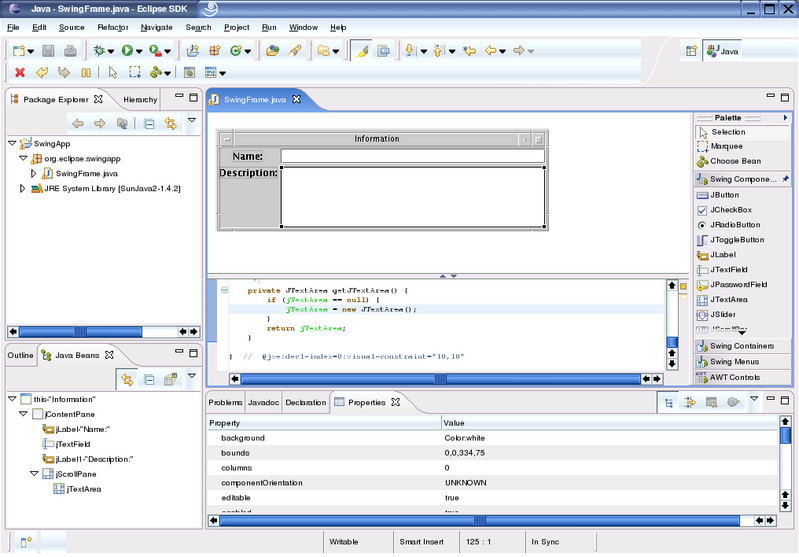
Open terminal from Unity Dash, Application Launcher, or via Ctrl+Alt+T shortcut key.

You may select Advanced Mode from top-right menu to get more options, network proxy settings, etc. When the wizard launches, select install item, then installation folder, and finally click INSTALL button. Or install oracle java by following this post.Ĭheck out your OS Type, 32-bit or 64-bit, by going to System Settings -> Details -> Overview, then select download Linux 32-bit or 64-bit of Eclipse Installer.ĭecompress the downloaded archive in your file browser and navigate to the result “eclipse-installer” folder, right-click on file eclipse-inst and select Run.ĭon’t see the “Run” option? Go to file browser’s Menu Edit -> Preferences -> Behavior -> check “Run executable text files when they are opened”, and finally log out and back in (or run nautilus -q command in terminal). Works on all Ubuntu releases.ĭon’t have Java installed? Search for and install OpenJDK Java 7 or 8 via Software Center. It is in code editor / ide category and is available to all software users as a free download.This is a rewrite about how to install the latest Eclipse IDE in Ubuntu, since the old tutorial does no longer work after the Eclipse Installer was rolled out.

Someone that is not familiar with Eclipse it might seem a bit daunting, to help with that there are so many documentations and tutorials that can be used.Įclipse IDE is licensed as freeware for PC or laptop with Windows 32 bit and 64 bit operating system. It’s very handy because if you want to upgrade the old version of the eclipse, the import feature will be helpful with the automatic installation. The market clients have made it easy to get the browse plug-ins. The interface will very pretty usable for its clean, and international users will get excited to know that they can use it because it’s supported by multiple languages. There are so many options they can get so numerous to mention, but for java 7 the support that they need will be particularly welcomed. For the remote debugging the server development is supported too, as in so many other options like the Web tools. If the plug-in that you are interested in is not available then you can write your own and be able to contribute to community. For the basic eclipse SDK it’s used mainly in the development of java, the plug-in that are available they allow support of many other programs like C++, Clojure and PHP.


Eclipse, though sometimes it’s referred as indigo it wears many hats, the main purpose that it does is serve as a platform that can be used to develop software.


 0 kommentar(er)
0 kommentar(er)
